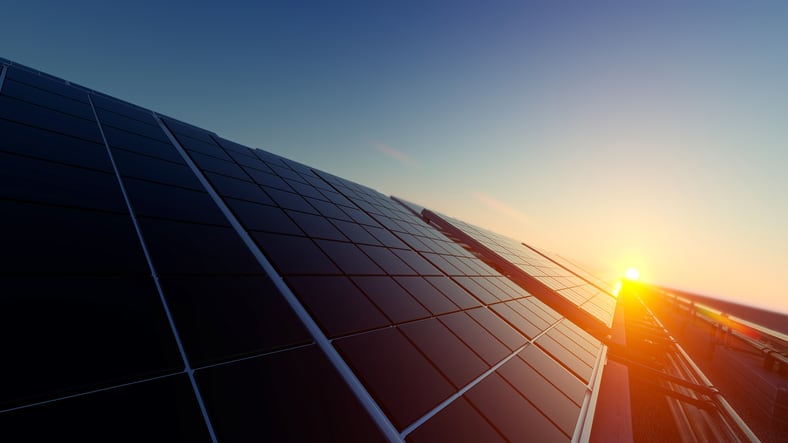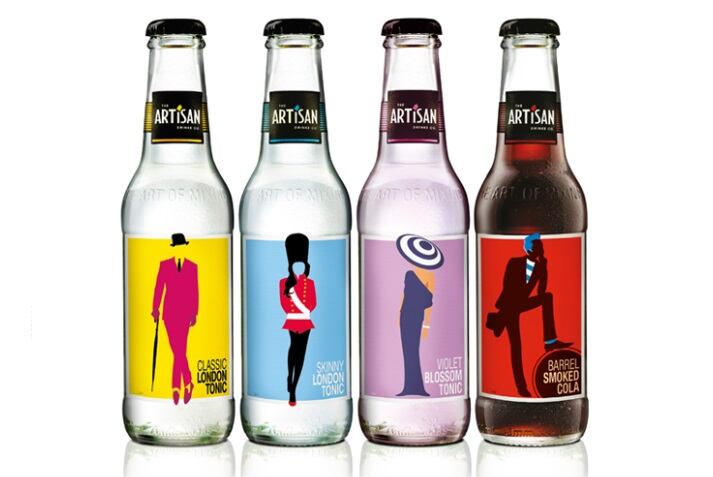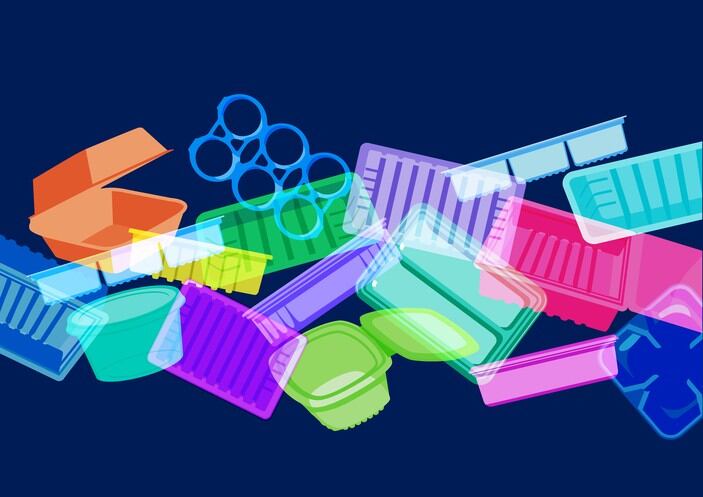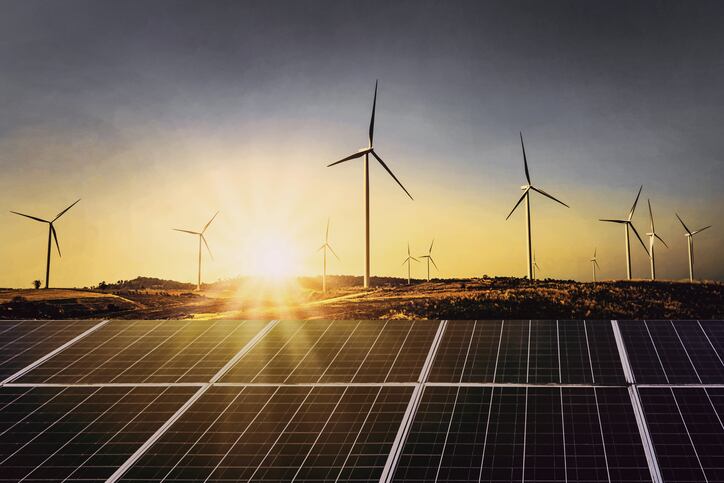Central to its sustainability approach is its commitment, announced a year ago, to source all of its electricity from renewable sources.
There have been other environmental moves, of course, like the decision to stop using plastic rings on the six-packs of beer it sells, but the energy matter is the big one.
It was announced last year, when CUB signed a 12-year power purchase agreement with a German renewable energy developer to build a 112MW solar farm with the capacity to power 65,000 homes. It recently came online.
'If we want to be around for another 180 years, we need to create a sustainable business'
Covering 664 acres on the border between Victoria and New South Wales, in Karadoc, near Mildura, CUB has described the facility as a “major step forward in Australia’s renewable transition” while stressing its contribution to the local economy after 300 jobs were created to construct it.
Its 330,000 photovoltaic cells convert Australia’s abundant sunlight into green power. Under the dozen-year deal with BayWa r.e. Solar Projects, CUB will be supplied with 74,000 MWh per year of electric power. This takes the brewer a step closer to its goal of sourcing all of its electricity from renewable energy.
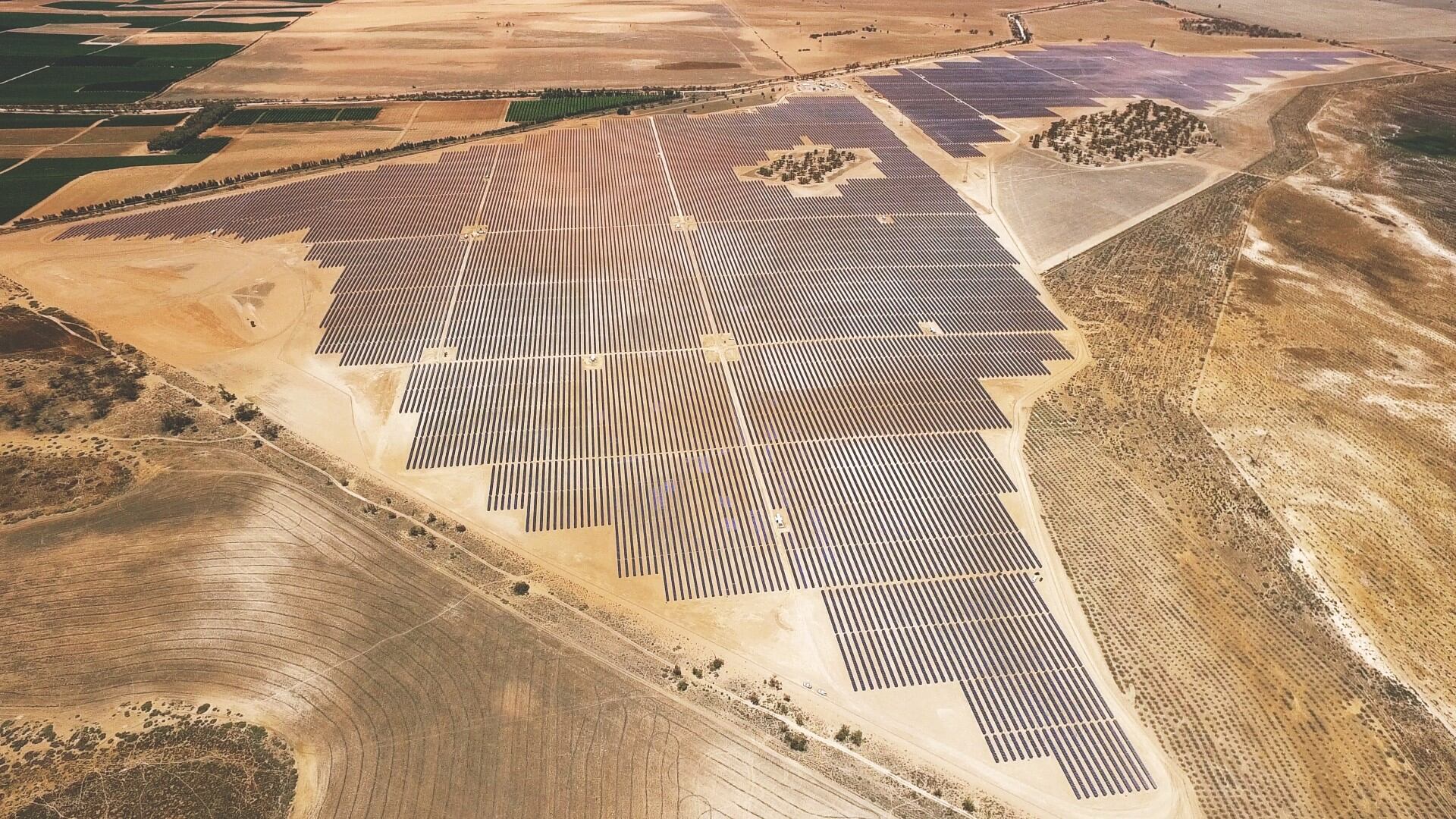
“This is a major step towards us achieving the ambitious target we set ourselves to have 100% of our purchased electricity sourced from renewables by 2025, a goal we are confident of achieving well before then,” CUB’s sustainability manger, Kirsten Sturzaker, said at the ribbon-cutting on February 28.
She went on to voice the brewery’s new favourite mantra, that “we have a history stretching back 180 years, but if we want to be around for another 180 years, we need to create a sustainable world and a sustainable business”.
In addition, the solar farm will reduce CUB’s power costs and secure its energy supply for the long-term in a sustainable way.
The brewer and BayWa r.e. are currently working on the next 106 MW plant at a nearby Sunraysia location.
“Karadoc was delivered on time and on budget in under 12 months and made a major contribution to the local economy. The power supplied to CUB and Flow Power is now helping Australian business transition to renewables,” said Benedikt Ortmann, managing director of BayWa r.e..
Onsite solar generation
Peter Filipovic, chief executive of CUB, said in addition to the Karadoc plant, the brewery is also moving towards onsite solar generation, which will see solar panels on the roofs at each of our breweries.
“Everyone has a responsibility to play their part to tackle climate change. CUB is no different. We are absolutely committed to delivering on an ambitious environmental and sustainability agenda,” said Filipovic, who took the top role at the brewery in January.
“The investment also stacks up when you look at the reduced price we will be paying to power our operations. Moving to renewable energy will ensure that we have certainty of supply and pricing.”
The high-volume brewing industry is highly energy intensive, requiring a number of processes that require large amounts of electricity. Over the last 30 years, Australian brewers have been involved in a number of different energy management and sustainability programmes, though critics claim their efforts have not been sufficient.
In addition to its fully sustainable electricity ambitions, CUB has committed to going either completely plastic-free or using recycled plastic by 2025. In addition, it is aiming for 100% of its products to be in packaging that is returnable or made from majority-recycled content by 2025.
To this end, the firm’s Cascade Brewery in Tasmania discontinued plastic six-pack ring packaging on cans last August, while last week it announced its VB and Carlton Draft-manufacturing Abbotsford brewery would no longer use plastic six-pack rings on cans, in favour of new cardboard packaging, saving more than 25m of them from entering the environment each year. In coming weeks, the brewer will take 137 tonnes of plain shrink wrap out of the system.
After voicing the usual 180-years past, 180-years ahead mantra, CEO Filipovic added: “We’ve sourced and tested new packaging, installed new equipment, and now the new packaging is running off the canning line.”
Of course, CUB’s approach closely mirrors its parent, AB InBev’s sustainability goals. And following it guarantees it an updated narrative about the origins of a pot or schooner of lager.
More than anything though, this green bug appears to be providing an opportunity to talk to a new generation of more environmentally interested consumers at a time when Millennials are fast getting a taste for craft beers.

